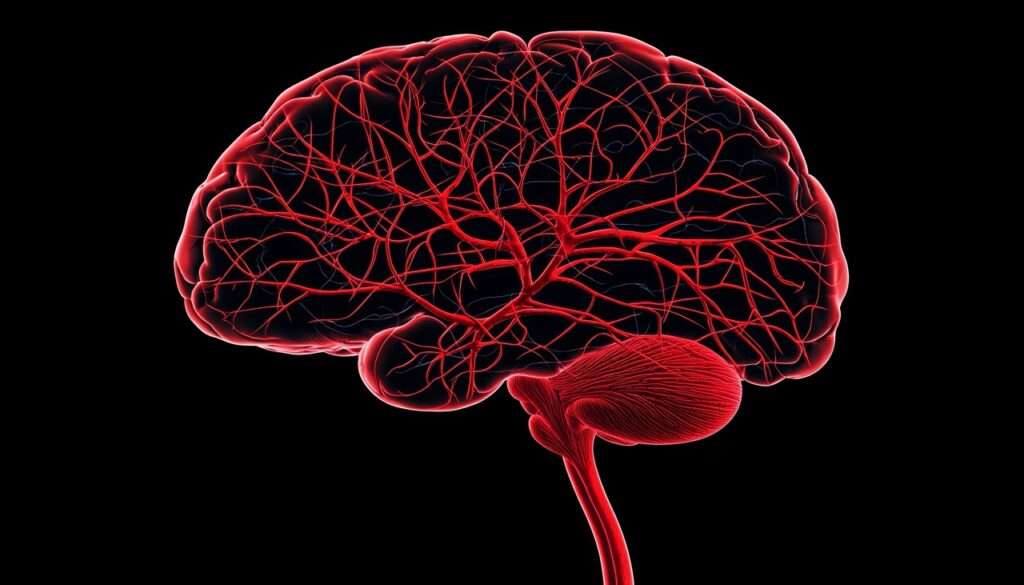In September, the National Institutes of Health’s National Institute of Neurological Disorders and Stroke (NINDS) awarded Neuralenz a $500k Phase I STTR grant for developing a new, non-invasive measurement of cerebral blood flow that could enable doctors to rapidly detect neurological damage and treat it more accurately.
Many current methods of measuring cerebral blood flow and pressure and oxygen in the brain are either approximations or extremely invasive procedures that are not feasible for all patients. Neuralenz would provide a way to gather these metrics in patients continuously using innovative light technology outside the body.
As a Cornell Tech Runway Postdoc, inventor Oybek Kholiqov participated in a virtual I-Corps regional course, which allowed him to change his initial target market to progress his innovation. Neuralenz was originally intended to be used in ambulances to detect and measure stroke outside of hospitals. However, Kholiqov learned through customer interviews that there are existing mobile stroke units equipped with necessary technology but were unable to be provided through government funding. I-Corps helped Kholiqov understand the hospital ecosystem and identify how Neuralenz could be an integral solution to monitor neurological data.
“We pivoted to other applications, and the applications essentially stemmed from talking to dozens and dozens of neurologists, neurointensivists, and neurocritical care clinicians to really learn about what they’re doing and what they currently use for the different types of diseases for diagnostics and interventions management,” Kholiqov explained. “It was of huge value, especially at the beginning.”
NYU Langone Health professors Dr. Vivek Srinivasan, co-inventor of Neuralenz and Kholiqov’s mentor, and Dr. Yulin Ge, professor of radiology and MRI expert, played a huge role in the development of Neuralenz and are subawardees on the Phase I grant.
The Phase I STTR grant will allow Neuralenz to move toward testing their technology against current “gold standard” technologies like MRI machines. This will validate Neuralenz as a viable method of providing non-invasive, continuous data in healthy subjects before progressing to test their technology in actual patients with neurological injury or diseases.
The implications of Neuralenz would improve efficiency and effectiveness of neurological evaluations, allowing medical providers to increase access to proper neurointensive care for all patients.
“The goal is to be able to expand these measurements and their availability to pretty much every patient that comes into the emergency department, and we think that could be possibly over 10 million patients,” said Kholiqov.


